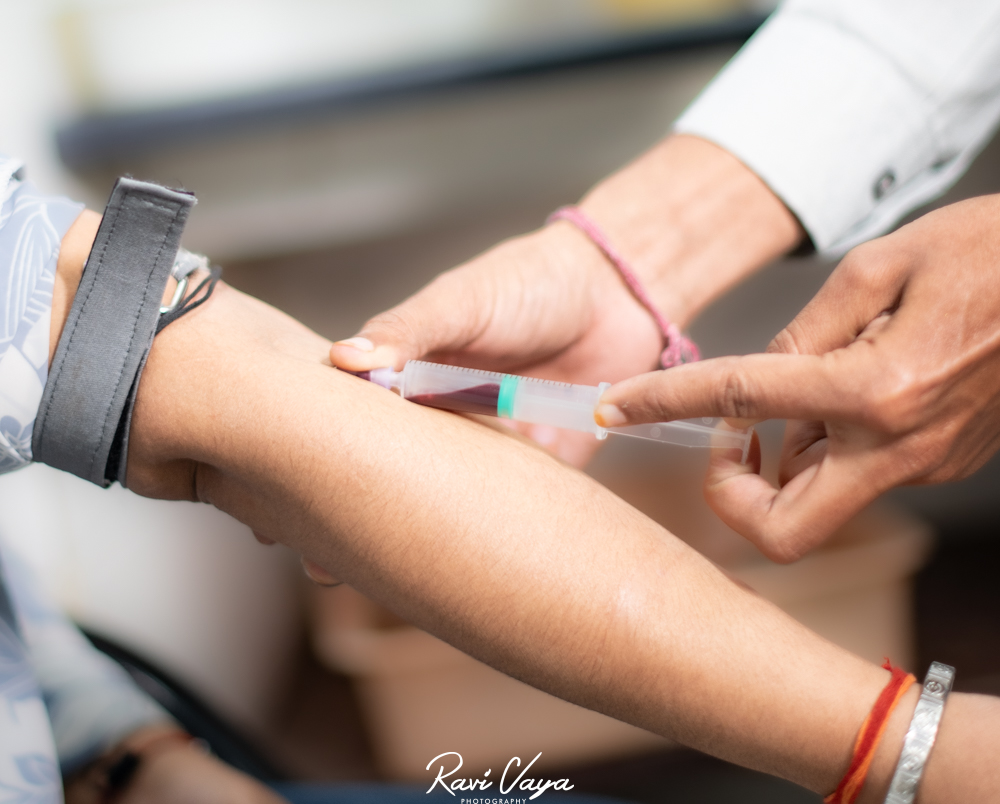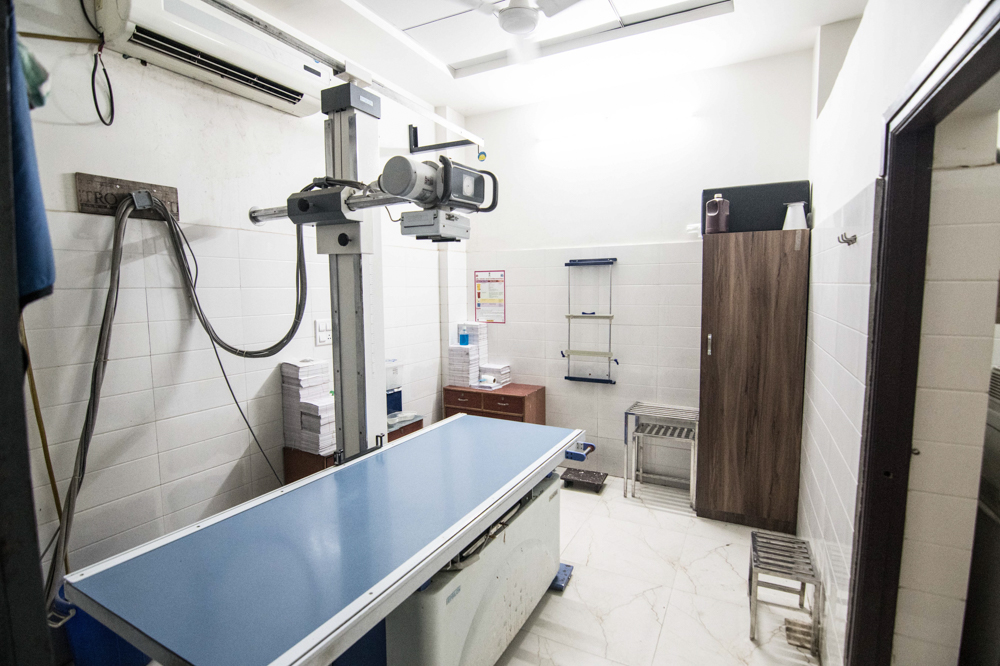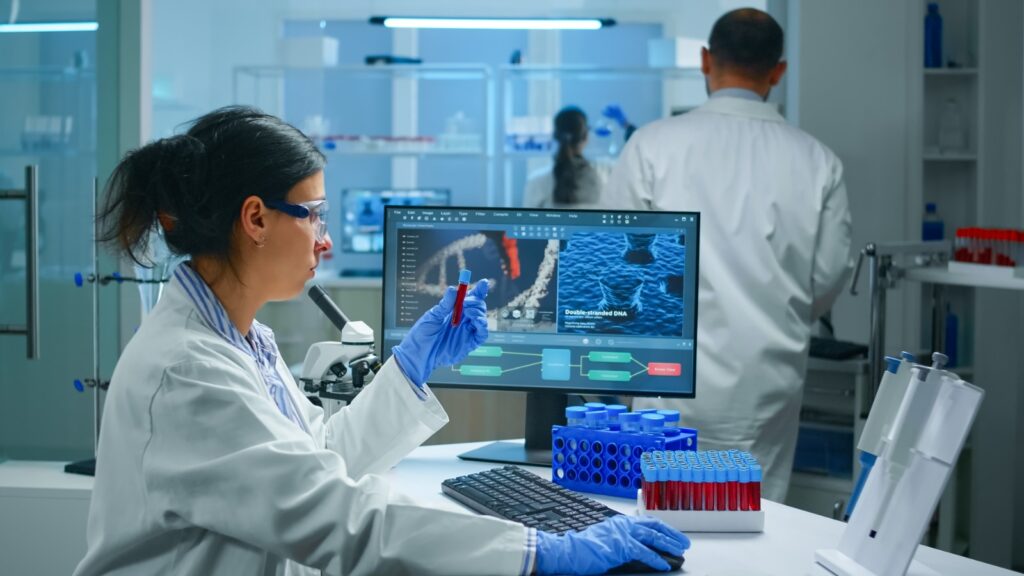In the expansive landscape of modern healthcare, pathology stands as a cornerstone of diagnostic and prognostic medicine. Often unseen by patients, yet crucial in shaping treatment decisions, pathology plays a pivotal role in unravelling the mysteries of disease. This article delves into the significance of pathology, its methodologies, and its impact on patient care and medical advancements.
What is Pathology?
Pathology, derived from the Greek words “pathos” (disease) and “logos” (study), encompasses the study and diagnosis of disease through examination of tissues, organs, bodily fluids, and even cells. It bridges the gap between clinical symptoms and definitive diagnosis, guiding clinicians in determining appropriate treatments and interventions.
The Evolution of Pathology
From its origins in ancient civilizations’ rudimentary observations of disease manifestations, pathology has evolved into a sophisticated discipline. Modern pathology integrates advanced techniques such as molecular diagnostics, immunohistochemistry, and genetic testing. These advancements enable precise identification of diseases at molecular and cellular levels, paving the way for personalized medicine.
Historical Foundations
Pathology traces its roots back to early civilizations where observations of disease were based on external signs and symptoms. Ancient Egyptians, for example, documented medical cases and treatments, laying foundational knowledge that evolved over centuries.
Modern Advancements
The advent of microscopy in the 17th century revolutionized pathology, allowing for detailed examination of cellular structures and abnormalities. This laid the groundwork for the development of anatomical pathology, which focuses on the study of tissues and organs to diagnose diseases such as cancers and infections.
In the 20th and 21st centuries, pathology underwent rapid transformation with the introduction of molecular diagnostics. Techniques like polymerase chain reaction (PCR) and next-generation sequencing (NGS) enable pathologists to analyze genetic and molecular changes in diseases, leading to more precise diagnoses and targeted therapies.
Key Roles of Pathologists
Pathologists are specialized physicians responsible for interpreting laboratory tests and diagnostic samples. Their expertise extends beyond diagnosis; they contribute to disease monitoring, treatment planning, and research initiatives. Through pathology, clinicians gain insights into disease progression, response to therapy, and potential complications.
Interdisciplinary Collaboration
Pathologists collaborate closely with clinicians, surgeons, and oncologists to provide comprehensive care plans for patients. Their input is crucial in determining the stage and nature of diseases, guiding surgical interventions, and assessing treatment responses through biomarker analysis.
Pathology in Diagnostic Medicine
Diagnostic pathology encompasses various sub-disciplines, each serving distinct diagnostic purposes. Anatomical pathology focuses on tissue examination, identifying abnormalities indicative of disease. Clinical pathology involves analysis of bodily fluids and laboratory tests, aiding in the diagnosis of infections, metabolic disorders, and more.
Anatomical Pathology
Anatomical pathology involves the examination of tissues obtained from biopsies, surgical specimens, and autopsies. Techniques such as histopathology and cytology are used to identify cellular changes characteristic of diseases, providing crucial information for treatment decisions.
Clinical Pathology
Clinical pathology encompasses the analysis of bodily fluids (blood, urine, cerebrospinal fluid, etc.) and includes disciplines such as clinical chemistry, hematology, microbiology, and immunology. These analyses help diagnose conditions ranging from infectious diseases to autoimmune disorders and metabolic abnormalities.
Pathology’s Impact on Patient Care
Effective patient care hinges on accurate and timely diagnoses facilitated by pathology. By elucidating disease mechanisms, pathologists empower healthcare teams to tailor treatments to individual patient needs. This personalized approach enhances treatment efficacy, reduces adverse outcomes, and improves overall patient outcomes.
Precision Medicine
The integration of molecular pathology and genetic testing has ushered in an era of precision medicine, where treatments are tailored to the genetic makeup of individual patients. Biomarker analysis helps predict treatment responses and disease progression, guiding the selection of targeted therapies that maximize efficacy and minimize side effects.
Technological Innovations in Pathology
Advancements in technology have revolutionized pathology practice, enhancing diagnostic accuracy, efficiency, and collaboration among healthcare professionals worldwide.
Digital Pathology
Digital pathology allows for the digitization of glass slides, enabling pathologists to view and analyze samples remotely. This technology facilitates rapid consultations, second opinions, and the creation of digital archives for research and education purposes.
Automation and Artificial Intelligence
Automation in pathology laboratories streamlines workflows, reducing turnaround times and improving efficiency. Artificial intelligence (AI) applications, including machine learning algorithms, aid in the analysis of complex data sets, assisting pathologists in pattern recognition and predictive diagnostics.
Challenges and Future Directions
Despite its advancements, pathology faces challenges such as workforce shortages and the integration of AI into diagnostic processes. However, ongoing research and technological innovations promise to overcome these hurdles, further enhancing pathology’s diagnostic precision and therapeutic efficacy.
Workforce Shortages
The demand for pathologists and laboratory technologists continues to outpace supply in many regions globally. Efforts to attract and retain talent, along with advancements in training and education, are essential to meet the growing diagnostic needs of healthcare systems.
Ethical and Regulatory Considerations
The adoption of AI in pathology raises ethical concerns regarding patient privacy, data security, and the interpretation of AI-generated diagnoses. Regulatory frameworks must evolve to ensure the safe and responsible implementation of AI technologies in clinical practice.
Frequently Asked Questions :-
1. What services does Dr. Vaya’s Lab offer in anatomical pathology?
At Dr. Vaya’s Lab, we offer comprehensive anatomical pathology services, including histopathology, cytology, and immunohistochemistry.
2. How does Dr. Vaya’s Lab ensure accurate clinical pathology results?
Our clinical pathology services at Dr. Vaya’s Lab adhere to stringent quality control measures and utilize state-of-the-art laboratory equipment for precise analysis of blood, urine, and other bodily fluids.
3. Can I consult a pathologist at Dr. Vaya’s Lab for a second opinion on my biopsy results?
Absolutely! Our experienced pathologists are available for consultations and second opinions to ensure thorough understanding and interpretation of your biopsy findings.
4. What role does molecular pathology play in personalized medicine at Dr. Vaya’s Lab?
Molecular pathology at Dr. Vaya’s Lab enables targeted therapies by identifying genetic mutations and biomarkers associated with specific diseases, facilitating personalized treatment plans.
5. How can I access digital pathology services at Dr. Vaya’s Lab?
Dr. Vaya’s Lab offers digital pathology services for remote consultations and digital slide archiving, enhancing accessibility and collaboration in diagnostic evaluations.
Conclusion
Pathology plays a crucial role in shaping modern healthcare by providing essential insights that guide diagnosis, treatment decisions, and personalized medicine. At Dr. Vaya’s Lab, we are dedicated to delivering precision pathology services that enhance patient care and outcomes.
Whether you’re seeking expert consultation for a complex diagnosis, require accurate pathology reports for treatment planning, or are interested in the latest advancements in molecular diagnostics and digital pathology, Dr. Vaya’s Lab is here to serve you.
Call to Action
Schedule your consultation with Dr. Vaya’s Lab today and experience the difference precision pathology can make in your healthcare journey. Empower yourself with accurate diagnoses and personalized treatment plans designed to optimize your health. Contact us now to learn more about our comprehensive pathology services and how we can support your medical needs.
Take the next step towards better health with Dr. Vaya’s Lab—where expertise meets innovation in pathology.




